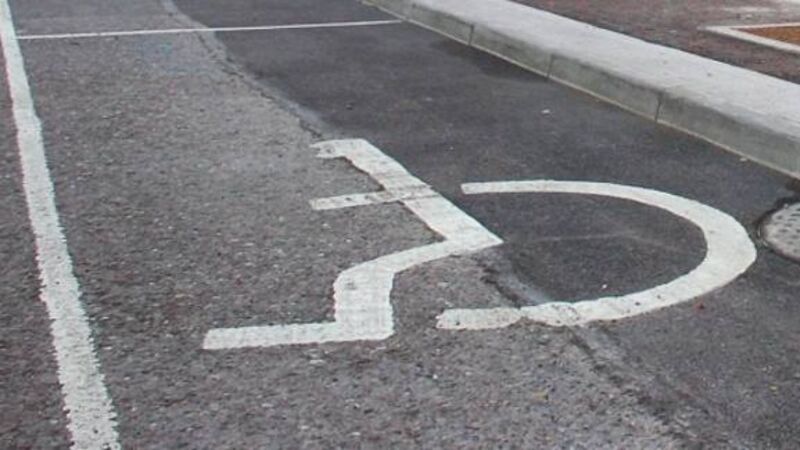Half of all disability allowance applications last year turned down

Information from the Department of Social Protection shows 30,614 Disability Allowance claims were decided last year, of which 14,800 were initially refused.
There were also a large percentage of cases which, after appeal, were granted. Last year, 5,220 appeals were decided by the Social Welfare Appeals Office and 3,384 were allowed.













